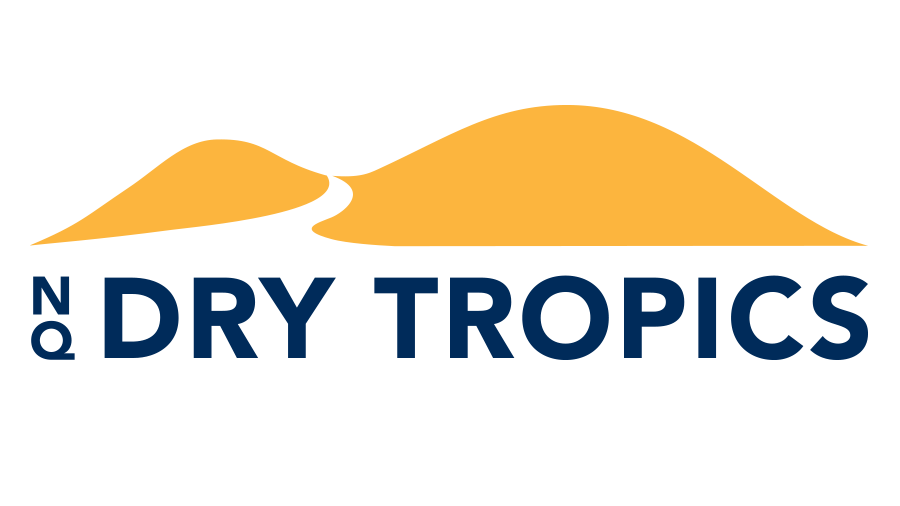Pest forum helps Burdekin community tackle unwanted species
More than 65 people including sugar growers, scientists, property owners and other interested community members, attended the Dry Tropics Pest Advisory Forum at the Ayr Showgrounds, to learn more about how to control pest species in the Burdekin Dry Tropics region.
The event, hosted by NQ Dry Tropics, in association with Burdekin Shire Council and the Regional Pest Management Group, featured expert presenters who spoke about various tools and strategies available to tackle feral animals and invasive weeds.
The forum forms part of the Regional Pest Management Strategy, which aims to ensure that the community is more aware of pest issues in the Burdekin Dry Tropics region and has the necessary knowledge and ability to address them.
NQ Dry Tropics CEO, Dr Scott Crawford, said that the forum gave the community a chance to raise pest management issues affecting them and to learn from experts about new and better control methods.
“The event focused on local issues, and benefited from the input of local government, industry and landcare representatives”, he said.
“Our environment is threatened by invasive weeds such as Prickly Acacia, Siam Weed, Gamba Grass, Water Mimosa, Sagittaria and Bellyache Bush, and we have significant issues with feral animals, including pigs, dogs and cats.
“Controlling pest species is a huge and ongoing task in the Burdekin Region, and NQ Dry Tropics is heavily involved in this fight.
“NQ Dry Tropics is involved with many projects to address these issues and we continue to work successfully in partnership with other organisations to achieve excellent results.
“We value our partnership with the Regional Pest Management Group aimed at reducing the impact of pest species within the Burdekin Dry Tropics Region.
“We have also been supporting Burdekin Shire Council’s efforts to remove aquatic weeds from from the very important wetlands that flow into the Great Barrier Reef.
“These efforts have been very successful in restoring important habitats for birds and fish including barramundi, as well as reducing flooding impacts during the wet season by improving water flow”, Dr Crawford said.
Forum guests were particularly interested to see the WASP Yamaha Rmax unmanned helicopter make its maiden flight in North Queensland. The Rmax, used for treating weeds in inaccessible areas, is the largest unmanned helicopter approved for use in Australia and the only one approved for agricultural applications.
Local expert Dr Greg Calvert, as well as other scientists, spoke about techniques and strategies for treating new and existing weed problems. These included examples of biological control agents being used to counter the threat of Bellyache Bush and Prickly Acacia.
Other talks focused on issues around dealing with trespassers on your land, which generated a good deal of discussion among attendees, as well as how to use Google Earth to tackle weed problems on your property.
